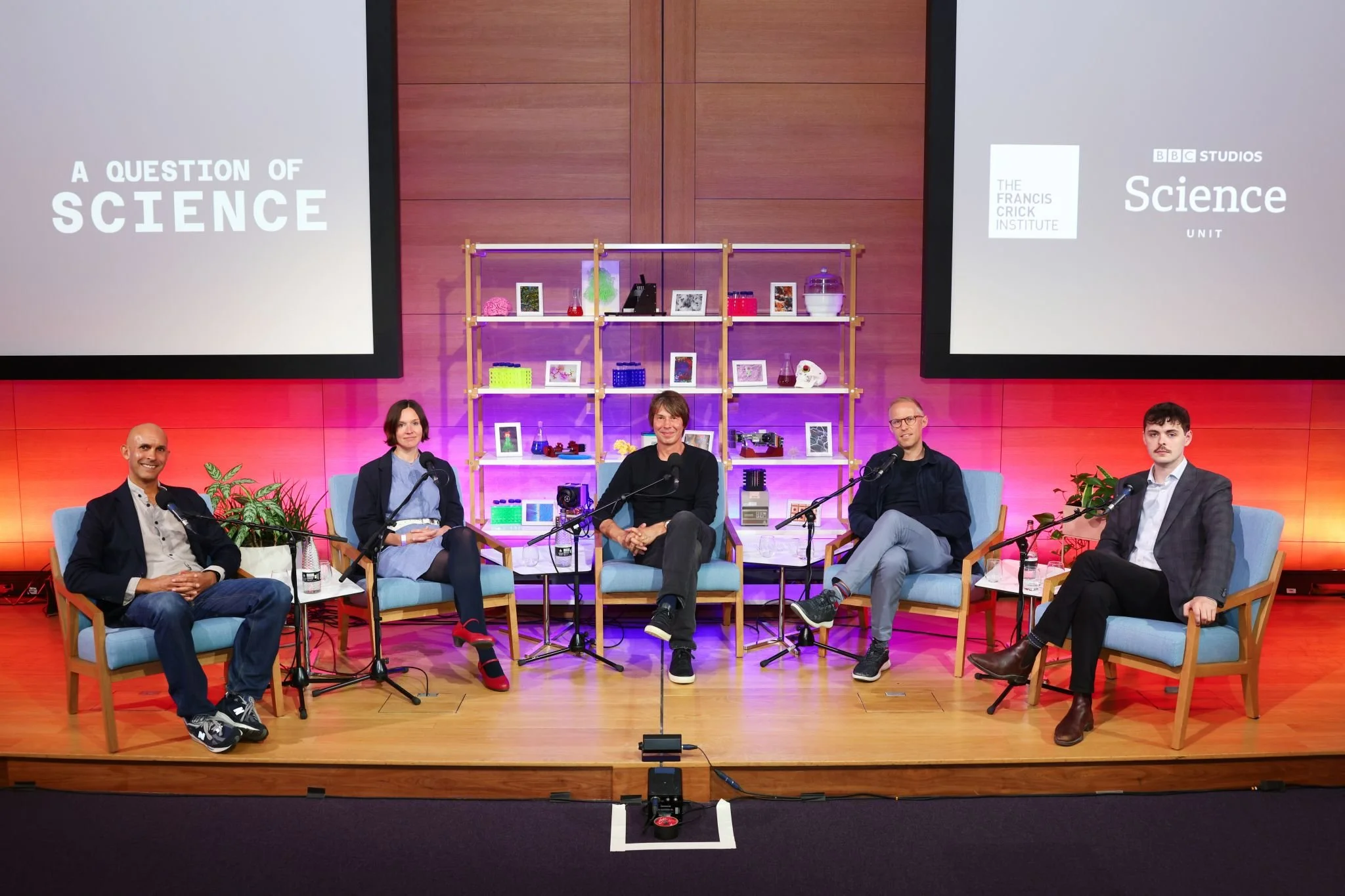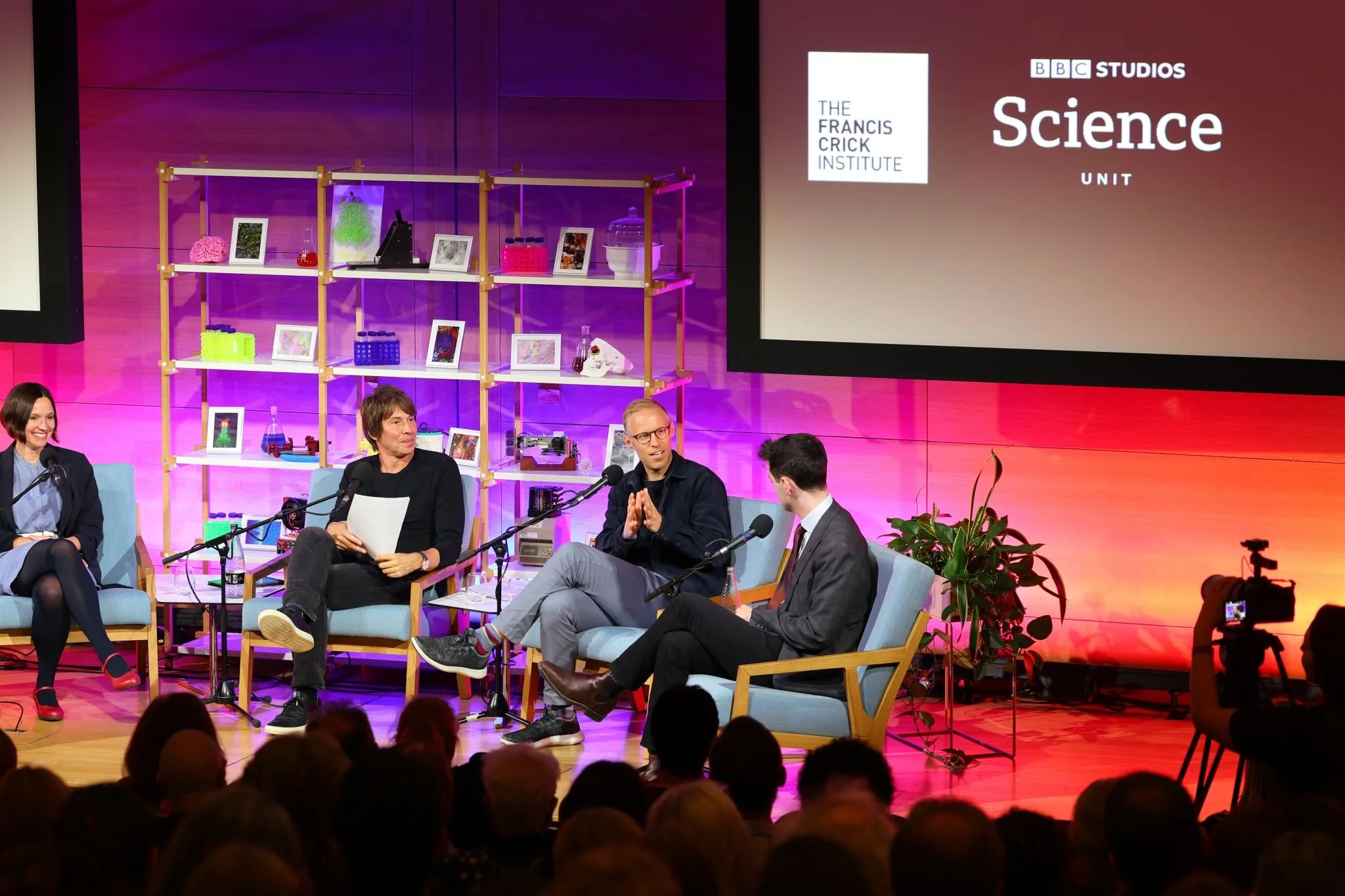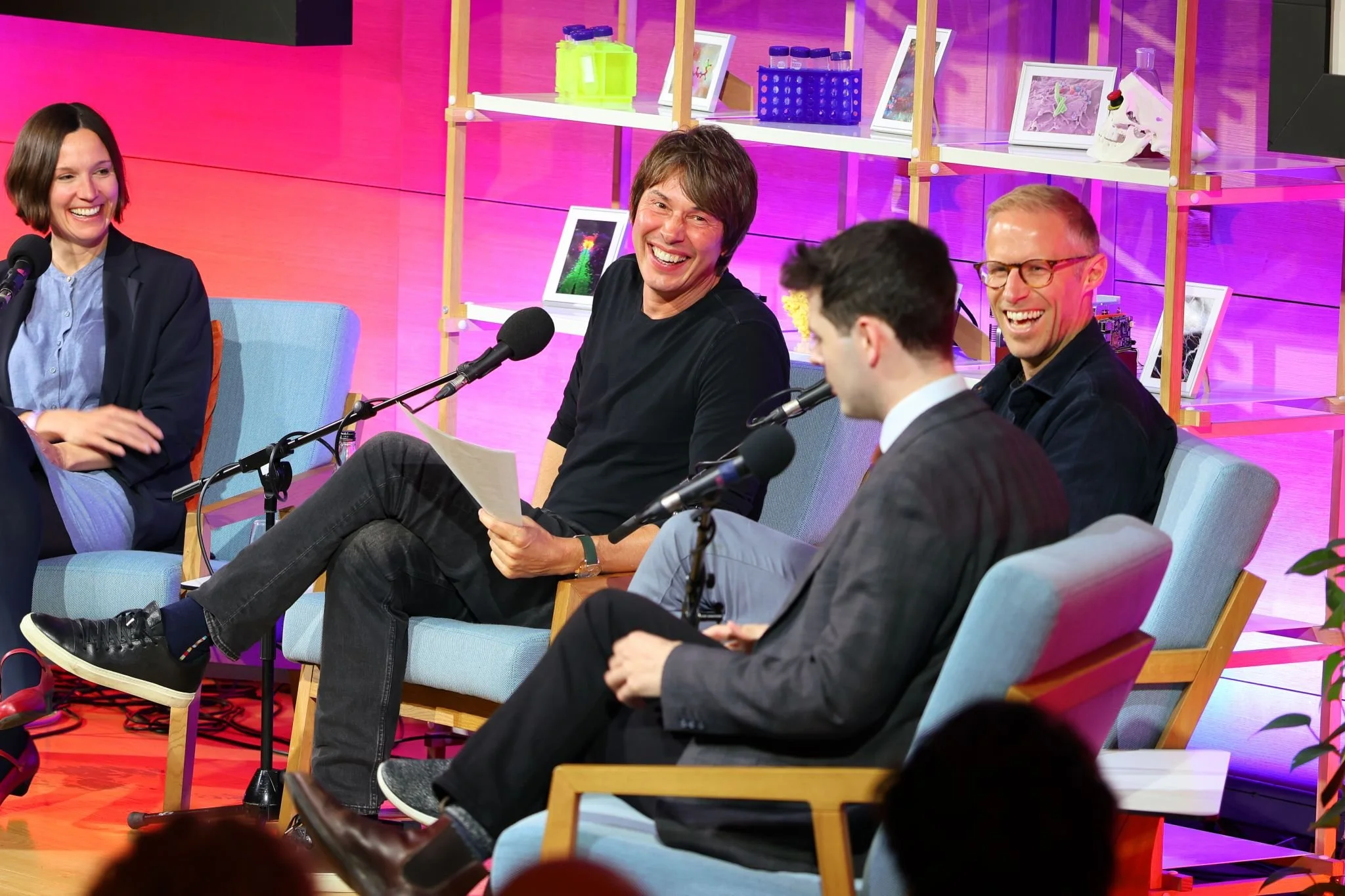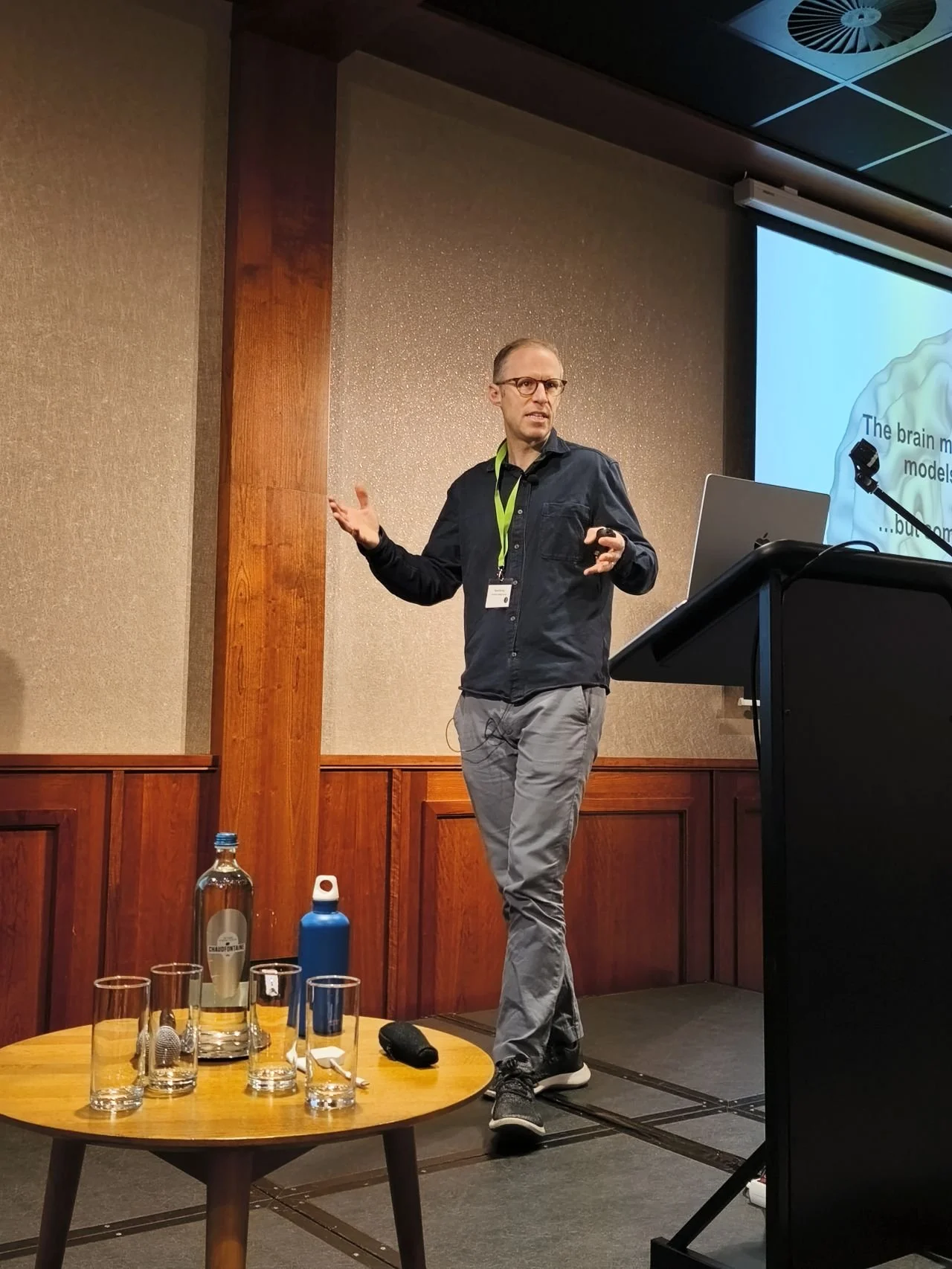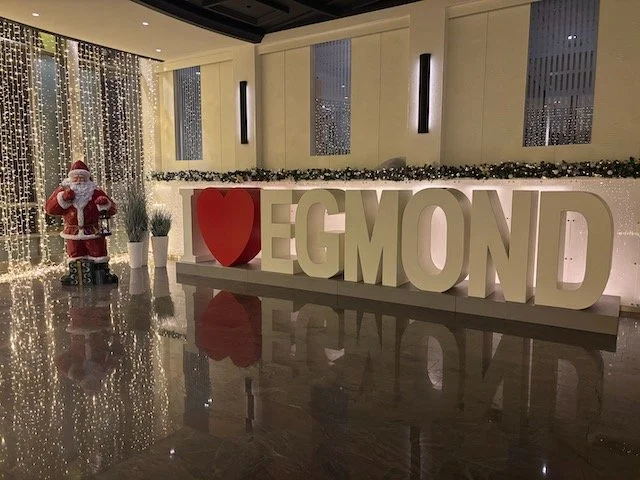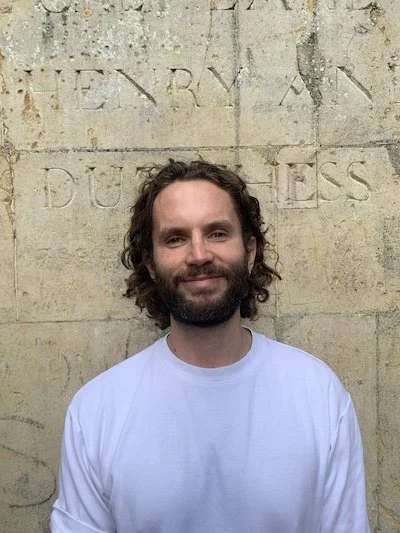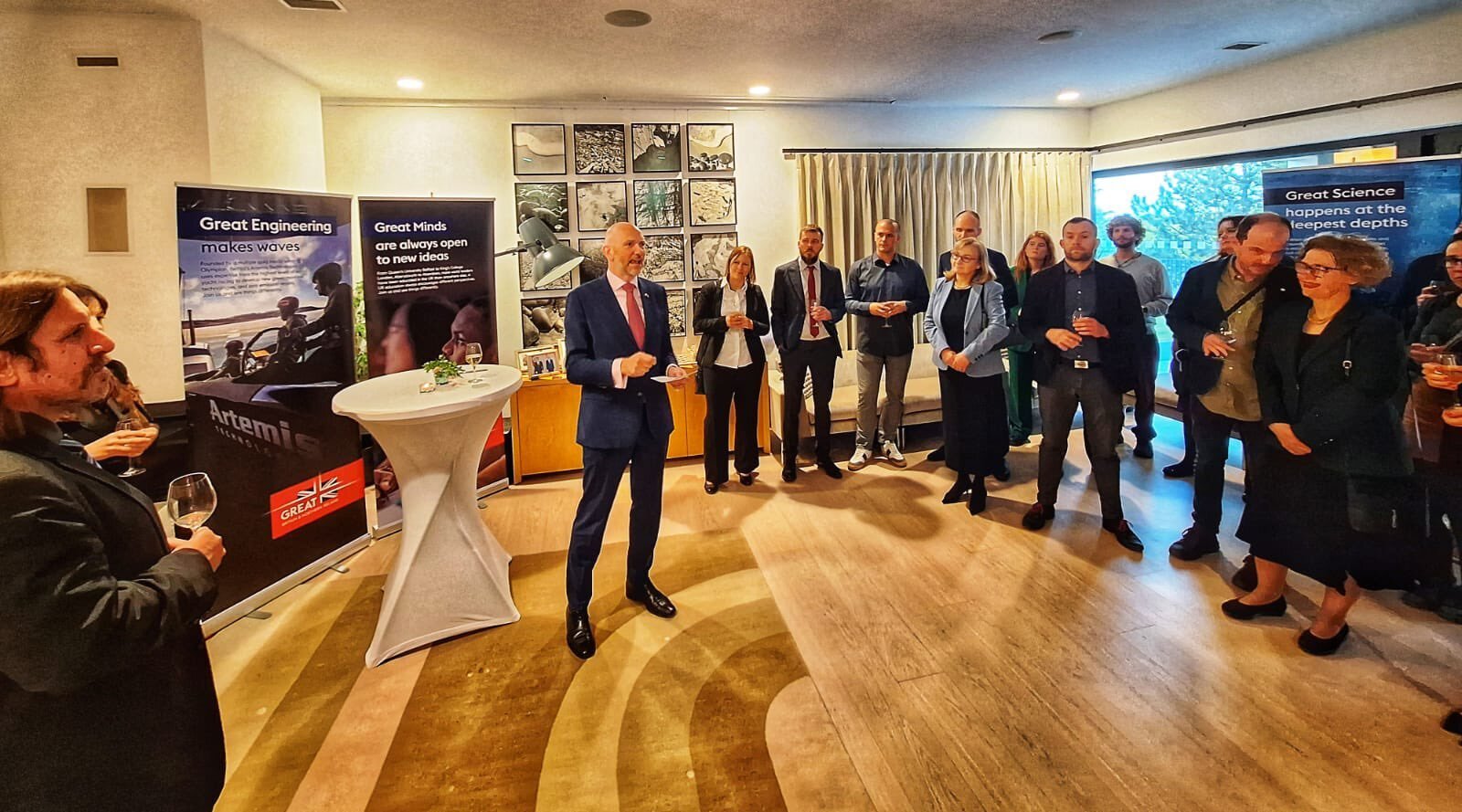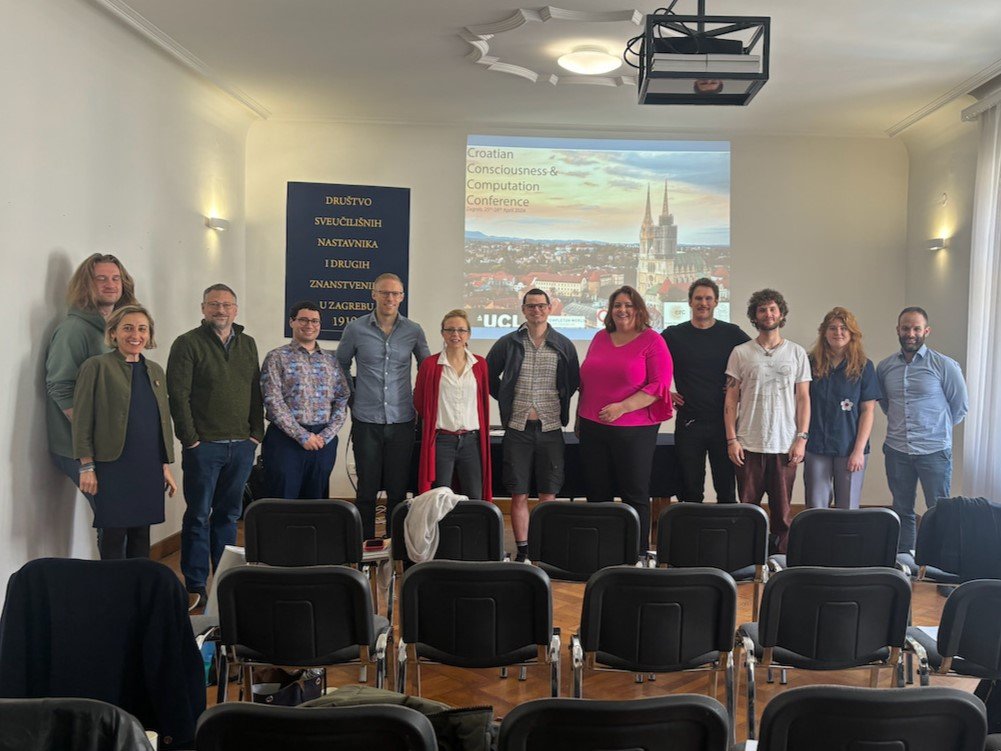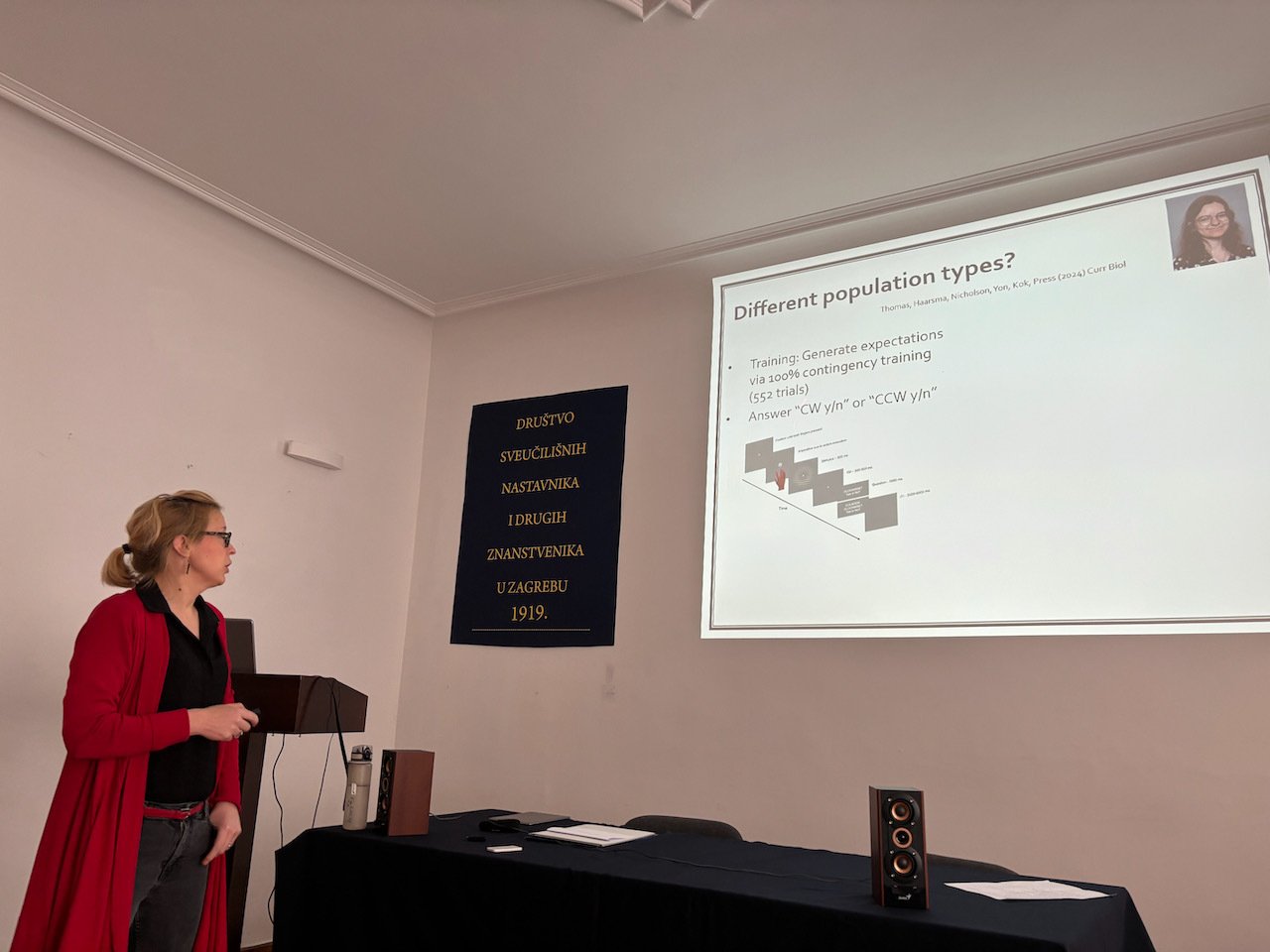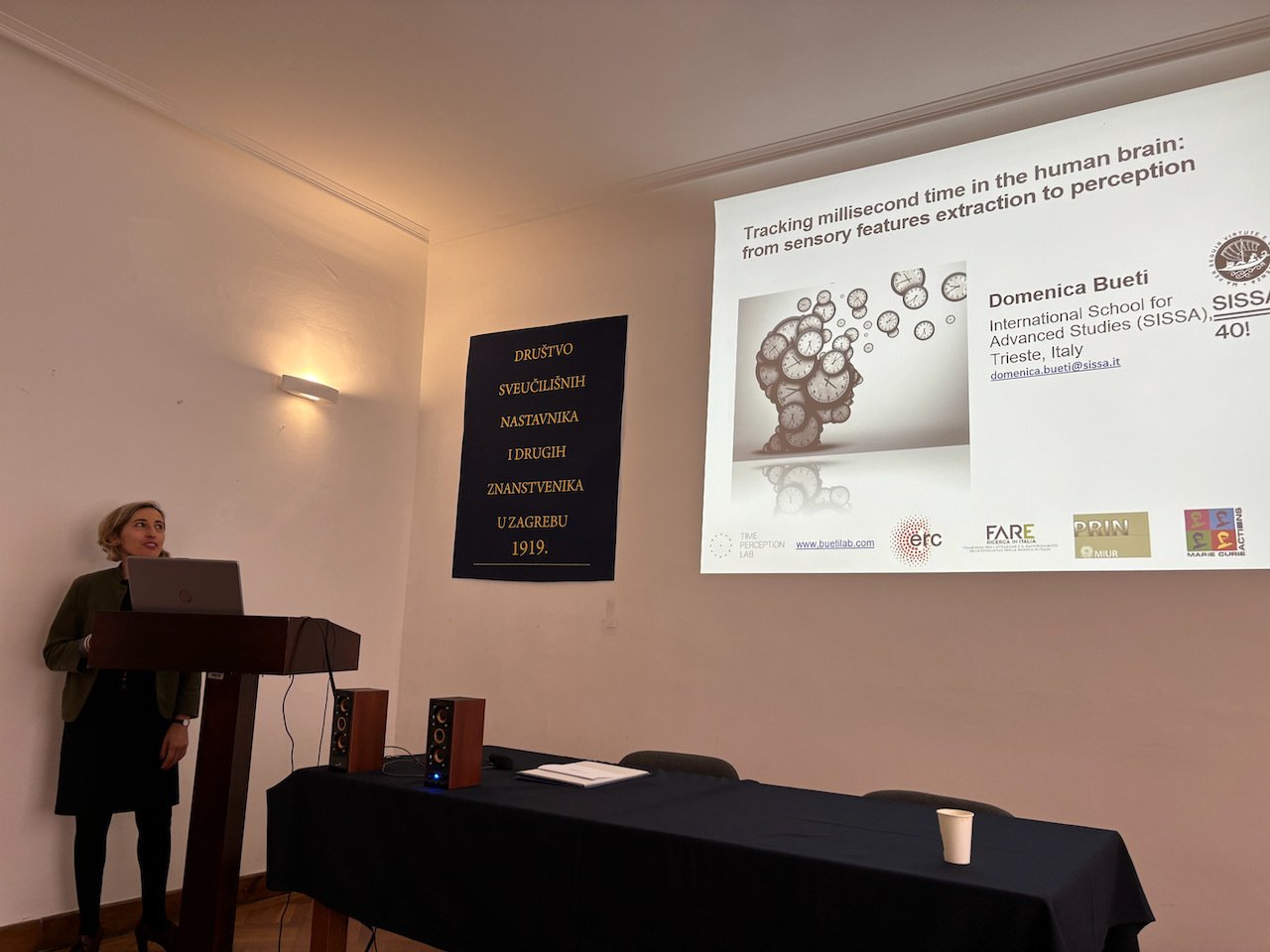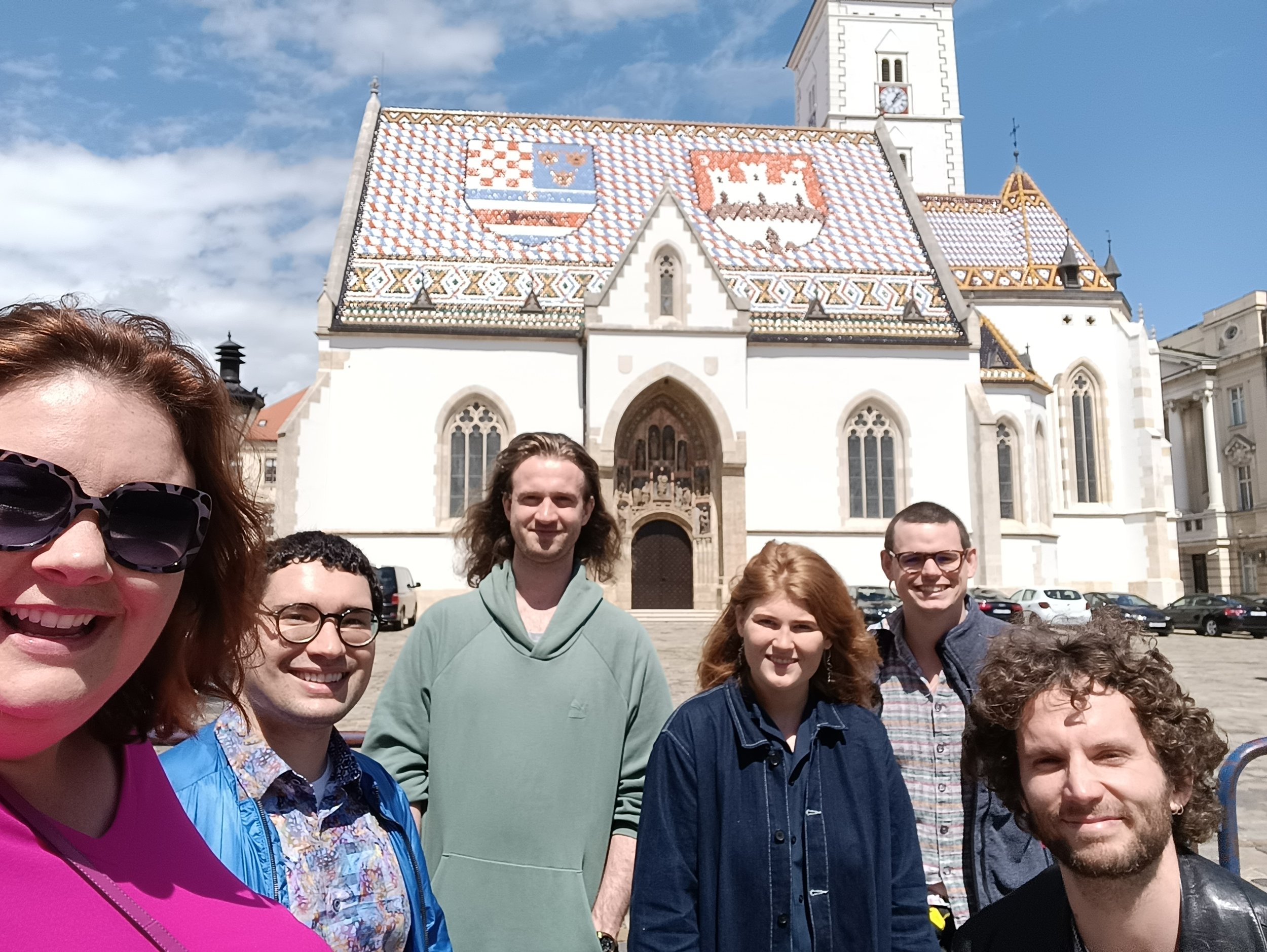Steve and Nick Shea have a new paper in Trends in Cognitive Sciences on how quality spaces interface with theories of consciousness.
The paper considers how localist, workspace, and higher-order theories of consciousness can accommodate claims about the qualitative character of experience and functionally support a quality space. We review existing empirical evidence for each of these positions, and highlight novel experimental tools, such as altering local activation spaces via brain stimulation or behavioural training, that can distinguish these accounts.
A Twitter thread with more details can be found below!
